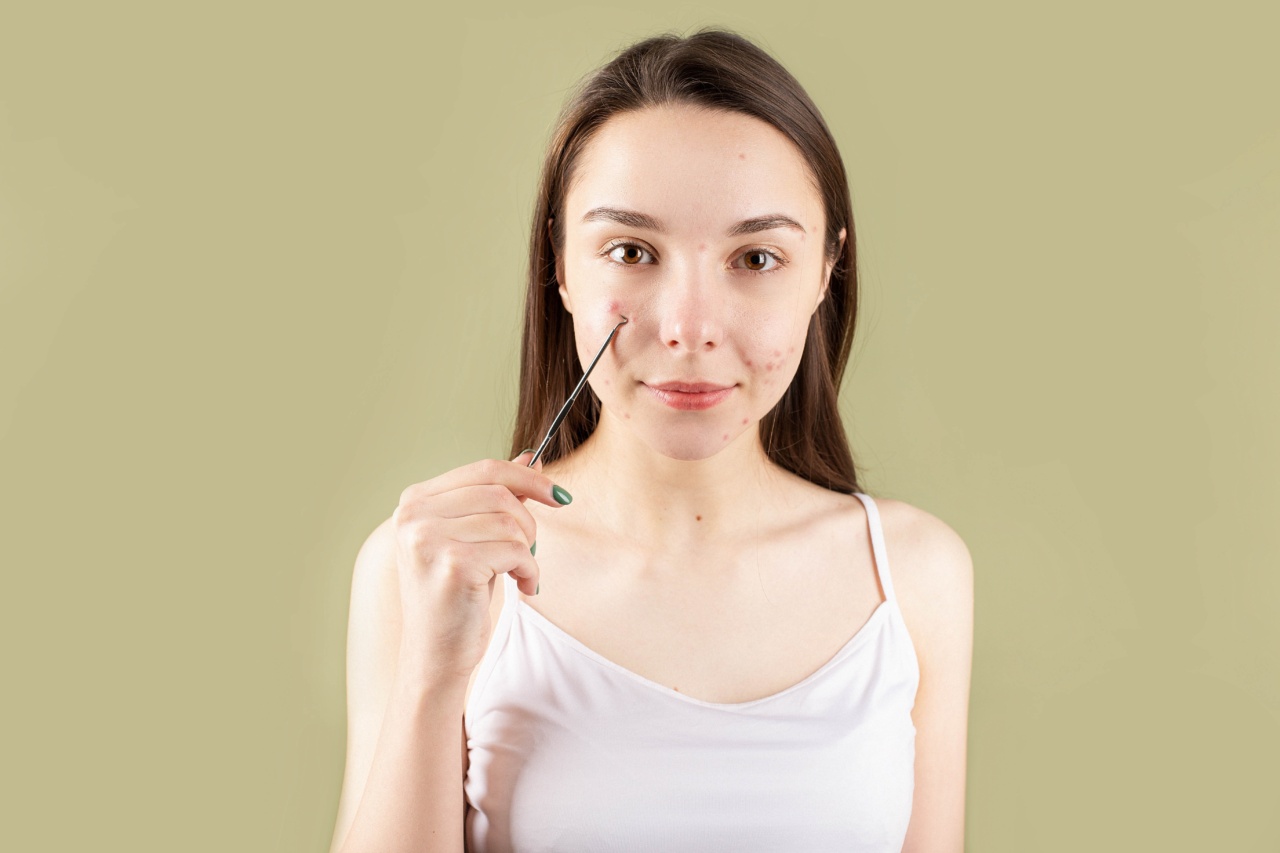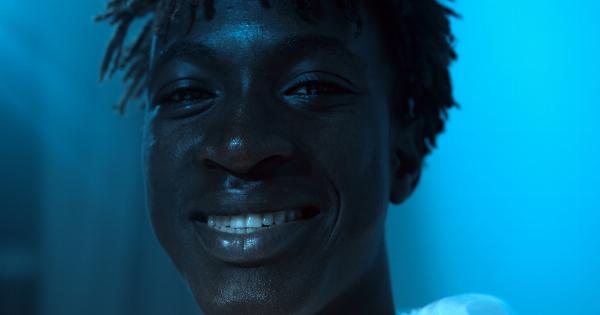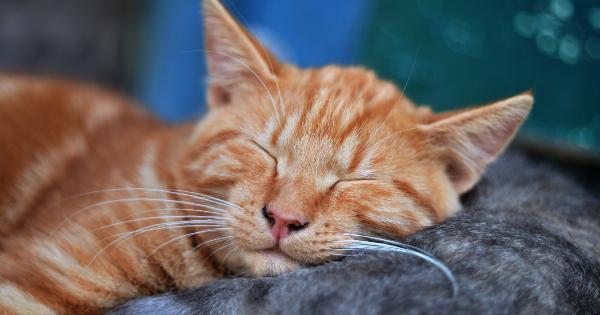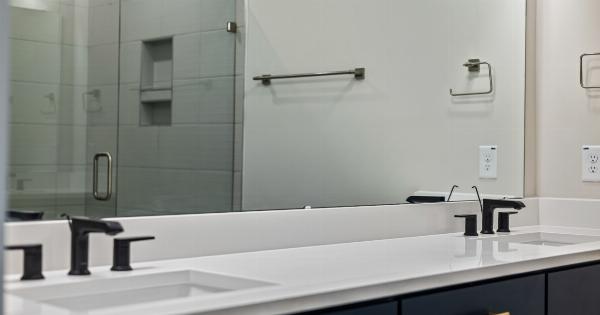As the name suggests, neonatal acne is a type of acne that affects newborns. This type of acne usually affects infants aged 0 to 6 months old and is characterized by small red bumps that might be mistaken for small pimples.
What Causes Neonatal Acne?
The exact cause of neonatal acne is still unknown, but it is believed to be due to hormonal changes that occur in the mother during pregnancy.
These hormones are transferred to the baby in the womb and can cause the baby’s oil glands to produce excess oil, leading to acne.
Signs and Symptoms of Neonatal Acne
Neonatal acne usually appears on the baby’s face, particularly on the cheeks, chin, and forehead. The symptoms of neonatal acne include small red bumps, whiteheads, and blackheads. In some cases, the affected area may also look swollen and red.
How is Neonatal Acne Diagnosed?
Neonatal acne is usually diagnosed by a pediatrician or a dermatologist. They can diagnose it by examining the affected area. In some cases, they might also recommend a skin culture to identify any underlying infections that might be causing the acne.
Treatment for Neonatal Acne
In most cases, neonatal acne clears up on its own without any treatment. However, if the acne is severe or is causing discomfort to the baby, the pediatrician might recommend some treatments. These treatments may include:.
- Topical creams: The pediatrician might prescribe topical creams or ointments that can be applied to the affected area to reduce inflammation and swelling.
- Antibiotics: In some cases, the pediatrician might prescribe antibiotics or antifungals to treat any underlying infections that may be causing the acne.
- Laser treatment: In severe cases, the pediatrician might recommend laser treatment to remove the acne scars.
Preventing Neonatal Acne
Neonatal acne is not preventable as it is caused by hormonal changes that occur during pregnancy. However, parents can take some measures to reduce the severity and duration of the acne. These measures include:.
- Keeping the baby’s face clean: Parents should clean the baby’s face with warm water and a mild soap.
- Avoiding hair oil and creams: Parents should avoid applying any hair oil or creams on the baby’s face as they can clog pores and worsen the acne.
- Using cotton clothes: Parents should dress the baby in cotton clothes as they are breathable and less likely to cause irritation to the skin.
When to See a Doctor?
Parents should consult a pediatrician if they notice any of the following symptoms:.
- The acne is severe and is causing discomfort to the baby.
- The acne appears on other parts of the body such as the chest, back, and arms.
- The acne does not clear up after a few weeks.
- The acne is accompanied by other symptoms such as fever, cough, and cold.
Conclusion
Neonatal acne is a common condition that affects newborns. Although it is not preventable, parents can take some precautions to reduce its severity. Most cases of neonatal acne clear up on their own without any treatment.
However, if the acne is severe or is causing discomfort to the baby, parents should consult a pediatrician for proper diagnosis and treatment.





























